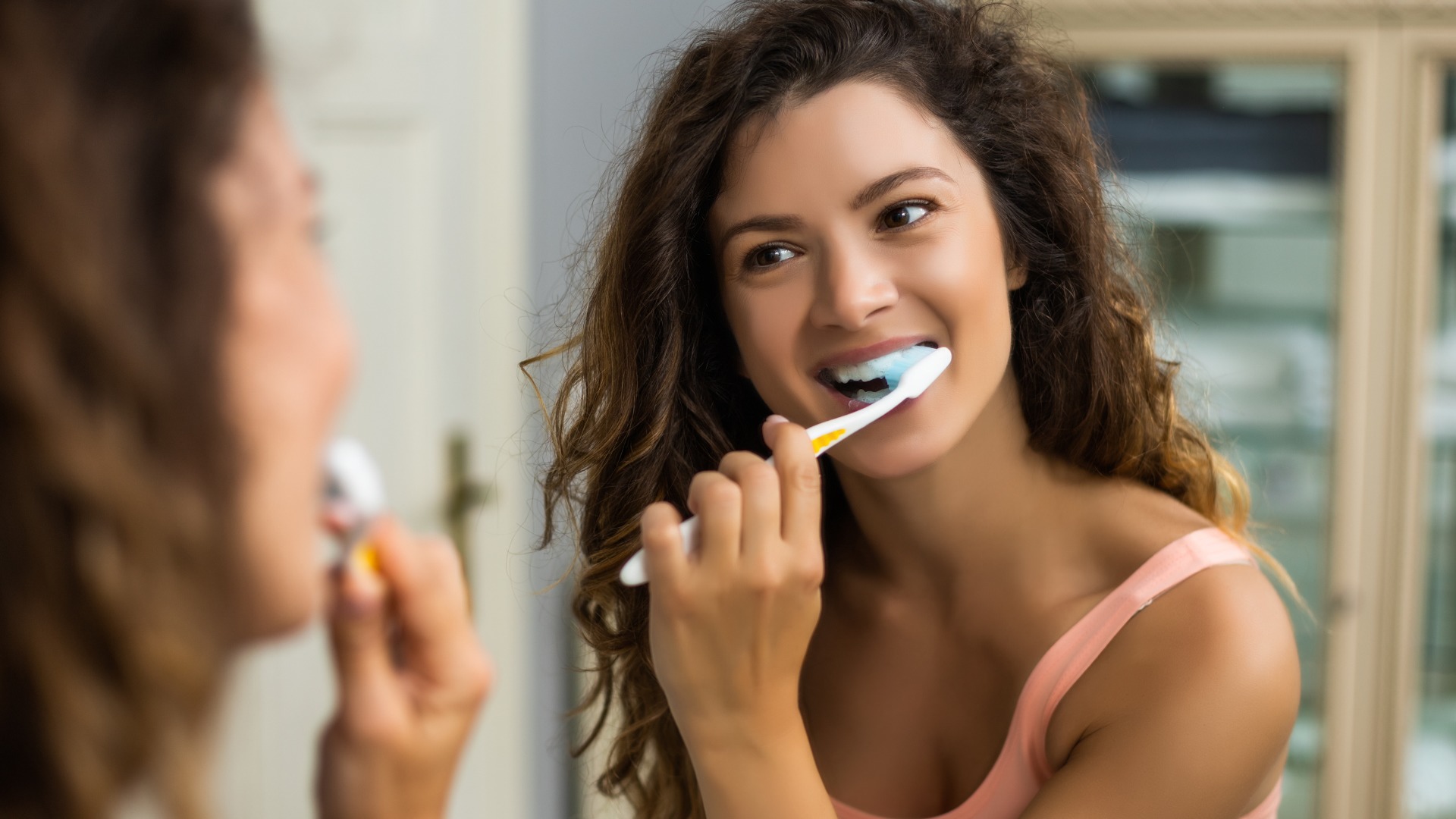To clean your teeth It is an important activity that must be done daily to keep the oral health up to date and prevent problems such as tooth decay, gingivitis and tartar. However, many people still have doubts about the correct way to brush their teeth. In this article, we will explain how to do this step by step How to brush your teeth appropriate and what should be taken care of.
Read more: A Desperate Man Pulls 5 Teeth From His Mouth Without Anesthesia. look at the picture
The right way to brush your teeth
Correct brushing technique involves a few simple steps. First, it’s important to use a soft-bristled brush and fluoride toothpaste. Fluoride helps strengthen tooth enamel and prevent tooth decay.
To start brushing, angle the brush at a 45-degree angle to the gum line. Then make smooth, circular brushing motions on the outer and inner surfaces of the teeth, paying particular attention to hard-to-reach areas. Brushing should last at least two minutes.
It is also important to brush your tongue to remove bacteria that can cause bad breath. To do this, just gently run the brush along the surface of the tongue.
Another technique that can be used is the bass technique or the pupil technique. This technique is particularly indicated for the prevention and control of periodontal disease, which affects the gums and can lead to tooth loss. To use this technique, place the brush at a 45-degree angle to the gum line and make vibrating motions to remove the bacterial plaque that builds up below the gumline.
The right frequency to brush your teeth
According to the American Dental Association, it’s best to brush your teeth at least twice a day, for two minutes each time. It is important to brush your teeth after meals and before bed.
Other important precautions
In addition to proper brushing, there is other care that can help keep your oral health up to date. Some of these precautions include:
- floss daily to remove bacterial plaque that builds up between teeth;
- Use mouthwash after brushing to help reduce the number of bacteria in the mouth.
- Drink plenty of water to keep your mouth moist and help flush out food particles.
- eating a healthy diet, avoiding excessive intake of sugary foods and drinks;
- See your dentist regularly to assess your oral health and perform a professional cleaning.
Brushing your teeth is a simple, yet essential activity for keeping your oral health up to date. With proper technique and due care, it is possible to prevent problems such as cavities, gingivitis, and periodontal disease. So make sure you brush your teeth at least twice a day and see your dentist regularly.

“Music fanatic. Professional problem solver. Reader. Award-winning tv ninja.”






More Stories
Couple retakes glacier photo after 15 years, surprised by changes: ‘It made me cry’
Two killed in hotel collapse in Germany – DW – 07/08/2024
Lula speaks for half an hour on phone with Biden about Venezuela’s electoral impasse | Politics